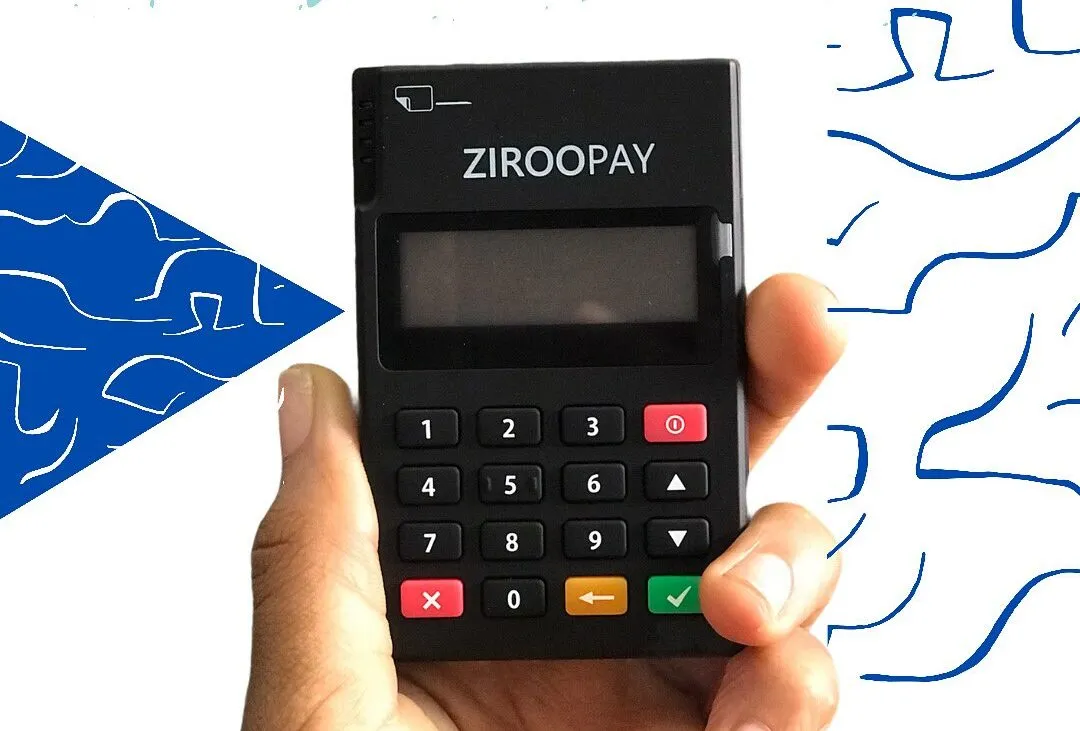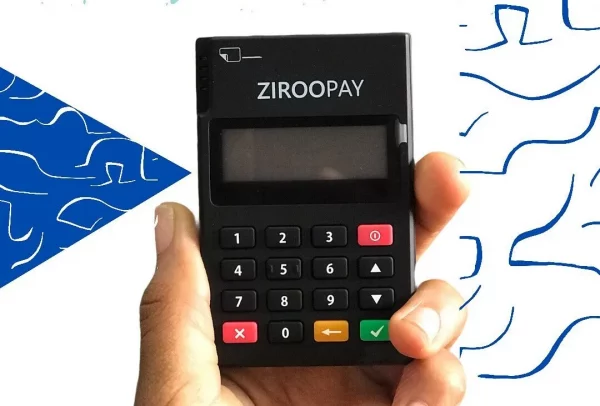In Nigeria, Point of sale (POS) terminals are used to process card payments at retail locations (shops, supermarkets, restaurants, etc) as well as for agency banking purposes, a branchless banking system where agents act like human ATMs. POS terminals have different functions and are provided by either banks or fintech. The most common type of POS functions primarily online while a few can function offline without the internet.
Read more about FinTech
According to Statista, the number of POS terminals in Nigeria grew from 150,000 in 2017 to 543,000 in April 2021. Also, Nigeria recorded a total of N6.43 trillion as POS transactions in 2021, hitting the highest levels on record.
ZirooPay, a Lagos and Helsinki-based startup that develops mobile POS payment systems designed to facilitate mobile payments has raised an $11.4 million Series A round to expand its payment infrastructure, accelerate growth and expand its team. Founded by Olusegun Okedara, Olusola Folorunso, and Omoniyi A. Olawale in 2014 as a fintech that makes mobile card readers which allow small businesses to accept card payments anywhere they operate, even in regions with poor internet connection.
The startup aims to improve the overall purchasing experience for people living in places with poor/no Internet connection. The funding round was led by Lagos-based VC fund, Zrosk Investment Management with participation from existing investors, Nordic Venture Fund. Other private and institutional funds such as Fedha Capital and Exotix Advisory also partook in the funding. Individual investors include Petri Kivinen, the former managing director at Deutsche Bank; Morgan Stanley and Renaissance Capital; Abiodun Ajai, the director, Sub-Saharan Africa of Bank of America; Kurt Bjorklund, managing partner at Permira; Stephane Kurgan, venture partner at Index Ventures; and Jonas Dromberg, former Bureau chief at Bloomberg.
The growth funding will help ZirooPay expand its product suite and include additional payment channels and options as it looks to build out an omnichannel system for merchants. After three years of its operation, ZirooPay has grown remarkably such that over 15,000 merchants use its POS terminals and mobile application. These merchants have processed over $500 million which is a 5,000% increase within three years across 10 million transactions.
Sign up for the Connect Nigeria daily newsletter
Omoniyi Olawale, CEO, ZirooPay pointed out that the high rate of transaction failures due to poor internet connection is one of the challenges facing the mass adoption of card payments at retail locations. He also explained that their mobile application allows small businesses across the retail, agency banking, hospitality, and services sectors to perform tasks, such as tracking sales and managing business operations. He also claimed that they have been able to see over 70% of their users migrate from paper-based accounting to depending on in-app sales accounting within three months of onboarding.
Register to attend the Connect Nigeria Business Mixer
As POS providers in Nigeria, especially fintechs are increasingly becoming focused on agency banking (a fintech segment that heavily propels financial inclusion) ZirooPay is interested in the prospect of dominating the niche retail space as a retail payment platform they are. This is mainly because no company is coming in with innovation to compete in the retail space. Even though they provide agency banking on the side, their main focus is on retail, and that differentiates them from other players in the space.
ZirooPay has a patented technology advantage (POSthat works without an internet connection) and its distribution model. This model significantly increases the chances of digitizing the offline economy at a unit cost that makes it easy to sell their services.


